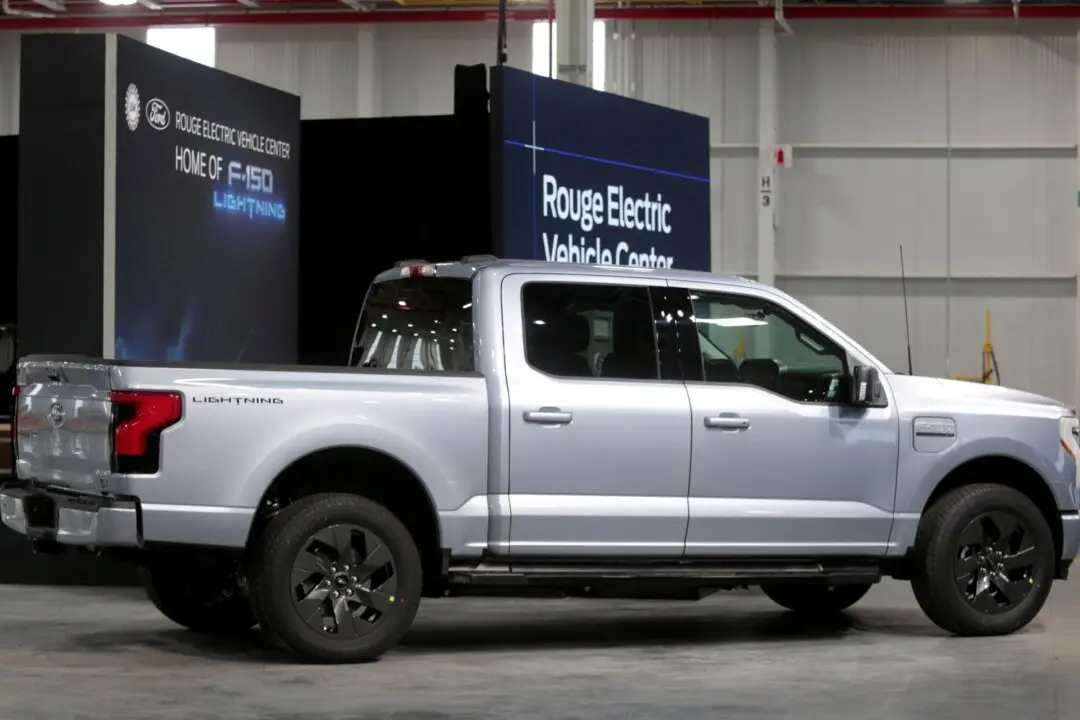More than two-thirds of electric vehicles (EVs) on sale in the United States may no longer be eligible for tax credits after President Joe Biden signed into law the Inflation Reduction Act.
According to the Alliance for Automotive Innovation, there currently are 72 EV models available for purchase in the country. Before the Inflation Reduction Act, these vehicles were potentially eligible for tax credits under Internal Revenue Code Section 30D. But the bill added a provision that only EVs whose final assembly occurred in North America would be eligible for tax credits, which can go up to $7,500.





